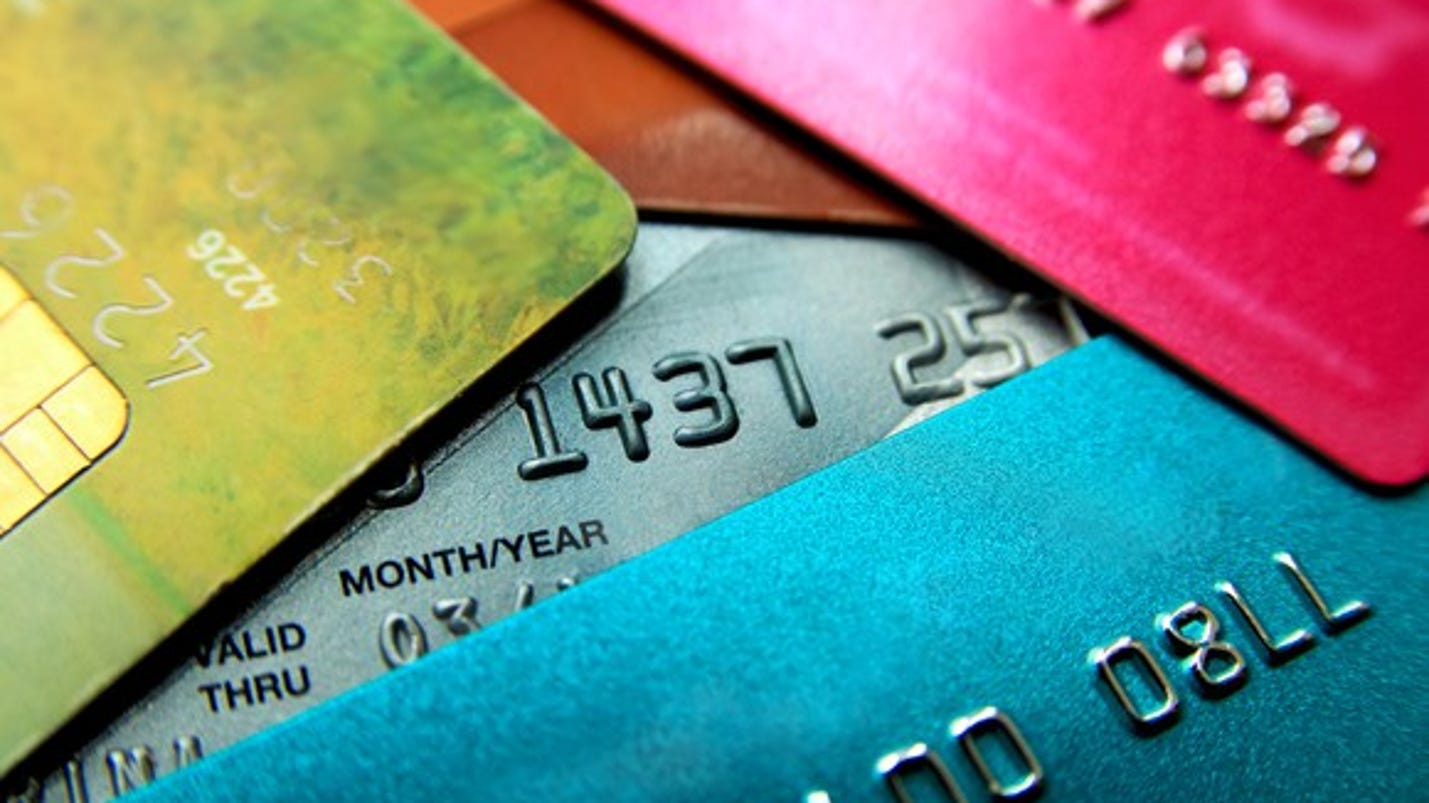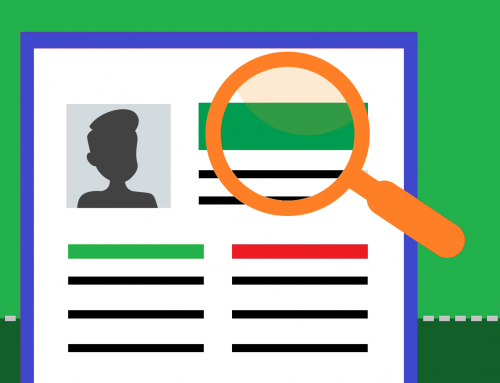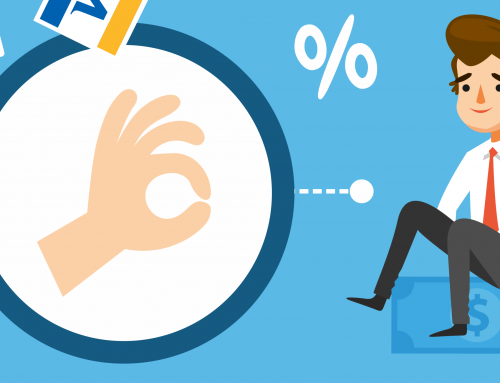There are two ways to interpret the title of this article. One way is “Wow, the average person has more debt than ever. This cannot be good for the economy!”. The other way is “Well with inflation, population growth, and a expensive housing market, this is expected.” To summary, did you see this coming? The financial experts at Loan Away did. We will explain how much debt the average person has and how you can avoid this fatal situation. However, debt in some cases is not bad. If you have $10,000 in personal debt, it may seem awful, but that money could’ve been spent on starting a small business which will generate thousands. That debt does not seem that bad now does it? Exploring debt maybe intimidating at first, however, you’ll be surprised when you learn everything behind the credit card in your wallet.
 Credit card debt hits new record, raising warning sign
Credit card debt hits new record, raising warning sign
Americans’ outstanding credit-card debt hit a record in November, highlighting a more confident U.S. consumer but also flashing a warning signal of potential trouble down the road.
Revolving credit, mostly credit cards, increased by $11.2 billion to $1.023 trillion, the Federal Reserve said Monday. That nudged the figure past the $1.021 trillion high-water mark reached in April 2008, just before the housing and credit bubbles burst. Over the past year, revolving credit has surged by $55.1 billion, or 5.7%, according to the Fed and Contingent Macro Research.
Non-revolving credit, such as auto and student loans, rose by $16.8 billion to $2.8 trillion in November.
The all-time-high for credit-card debt doesn’t pose the risks to the economy that existed in 2008 because incomes are higher, UBS Credit Strategist Stephen Caprio says. The ratio of credit-card debt to U.S. gross domestic product is about 5%, compared with 6.5% in 2008, he says.
“It’s a potential early warning sign but not a financial stability issue” for the broader economy, Caprio says.
Still, Caprio notes that credit-card delinquencies have increased to about 7.5% from 7% a year ago, underscoring growing stresses for low-income households in particular. While that’s still below the 15% delinquency rate reached during the financial crisis and the 9% historical average, he says the increase over the past year raises some concerns. With jobs and income growing, the rise isn’t creating significant problems now but it could if the economy and labor market take a downward turn.
“People should make 2018 the year they focus on knocking down their credit-card debt,” says Matt Schulz, senior industry analyst for CreditCards.com. With the Federal Reserve continuing to raise interest rates, “that credit-card debt is going to grow faster and faster,” siphoning off money Americans should be putting aside for retirement,” Schulz says.
thumbnail courtesy of usatoday.com
At loan away, we provide loans with lower interest rates than the average credit card. Providing loans for people who need a loan cheaper than credit card and loans for people with bad credit. Our goal is to provide loans to all Canadians in need of a loan. Once again, how does this make you feel about the economy? Are you worried for the outcome or you think more people spending money can on benefit it? We will you, the reader, be the judge of that. For more information how credit cards will affect both Canadian and American economy, Loan Away will be posting a new article daily on everything you’ll need to know. Liked this article? A share can not only helps someone gain more knowledge, but it helps Loan Away.



